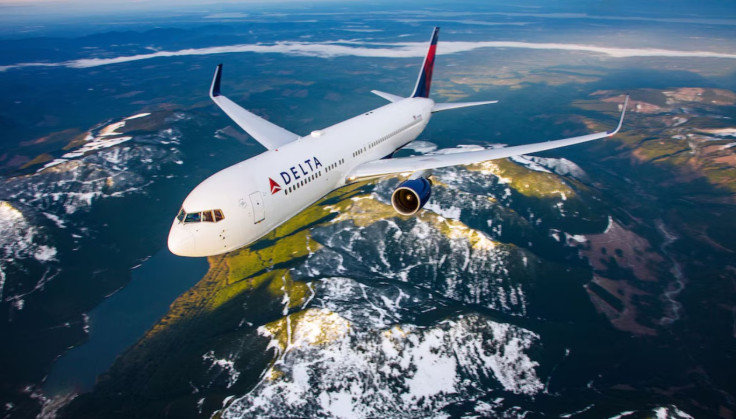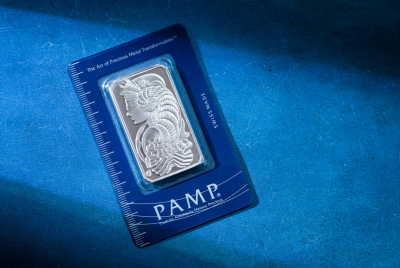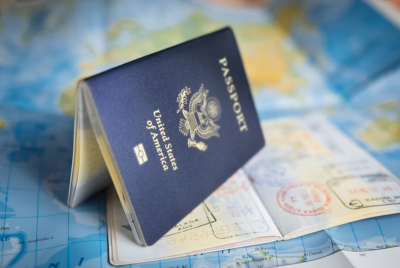Delta Flight Attendant Slide Deployment: What the Crew Member Did to Trigger the $70,000 Disaster
The inflated slide blocked the jet-bridge and stranded passengers on board

A Delta Air Lines flight at Pittsburgh International Airport was delayed for several hours after a flight attendant accidentally deployed an emergency evacuation slide during pre-departure preparations.
The incident, which occurred on Saturday, 25 October, involved an Airbus A220 bound for Salt Lake City. The unexpected slide deployment caused an estimated $70,000 (£52,500) in damage and left passengers stranded on board as engineers worked to remove the inflated slide.
According to reports, the flight was originally scheduled to depart at 5:30 p.m. but did not leave until around 9:11 p.m. No injuries were reported, but the malfunction caused significant disruption to Delta's operations and sparked widespread discussion online.
What the Crew Member Did to Trigger the Slide
Investigations revealed that the costly incident was caused by a procedural error involving the aircraft's main boarding door. The flight attendant, a 26-year veteran with Delta, had armed the forward left-hand (1L) door as part of standard take-off preparations.
However, while the door remained in the armed position, he inadvertently lifted the door handle, which automatically activated the power-assist mechanism.
Once the handle was raised, the door forced open, deploying the emergency slide within seconds. The slide inflated into the jet bridge, blocking the aircraft from being connected to the terminal and trapping passengers on board until it was deflated and removed.
Eyewitnesses described confusion in the cabin as crew members realised what had happened. Passengers were eventually allowed to disembark after engineers detached the slide and secured the aircraft for inspection.
The flight attendant reportedly apologised, telling passengers that such an event had never occurred in his career.
Why the Error Cost Delta $70,000
Replacing or repacking an aircraft evacuation slide is an expensive process, with prices for Airbus A220 models ranging from $50,000 (£37,500) to $70,000 (£52,500) depending on the manufacturer and level of damage.
In addition to replacement costs, Delta incurred expenses for maintenance inspections, delay-related compensation, and the repositioning of crew and passengers.
Industry analysts note that the overall disruption could have pushed the total financial impact close to six figures once operational losses and scheduling adjustments were included. Delta's maintenance team carried out immediate safety checks before clearing the aircraft for future service.
Passenger Disruption and Flight Delay
The deployment occurred as passengers were preparing for departure, leaving them temporarily stranded on the aircraft while the inflated slide blocked the jet bridge. Airport personnel and engineers were dispatched to handle the situation, which took several hours to resolve.
Several travellers reported missing connecting flights due to the delay, while others were rerouted later in the evening. Delta has not publicly confirmed whether passengers received compensation, but the airline reportedly provided assistance with rebookings and onward travel arrangements.
Delta's Response and Internal Review
Delta Air Lines confirmed that an emergency slide deployment had occurred before take-off in Pittsburgh and that no passengers or crew were injured. The airline is expected to take the aircraft out of service for inspection before returning it to operation.
Industry sources say the crew member involved may face retraining rather than dismissal, and that the airline is conducting an internal review to tighten protocol compliance and prevent future incidents.
© Copyright IBTimes 2025. All rights reserved.





















